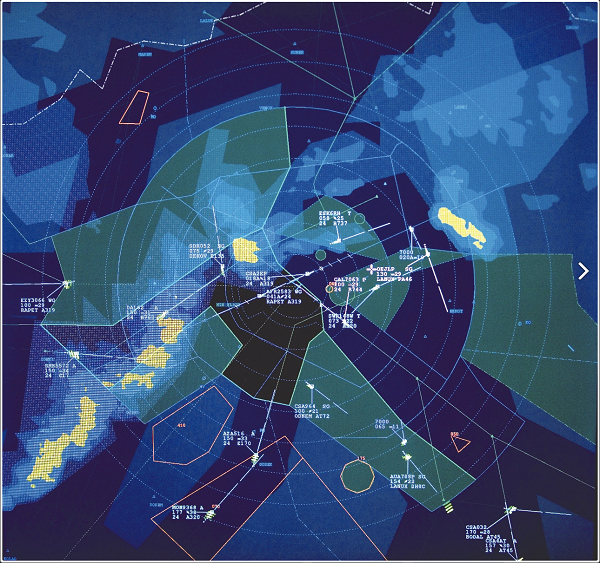Remarks of Simon Hocquard, Director General CANSO, to the CANSO Global ATM Operations Conference 2019, 10 April 2019


In his speech to the CANSO Global ATM Operations Conference in Langen, Germany, Simon Hocquard, Director General CANSO, focused on the steps needed to achieve seamless airspace.
To achieve seamless airspace, we must take full advantage of the opportunities offered by new technologies, which are helping to harmonise systems, processes and traffic flows without reference to land borders or even land-based equipment. These include digitisation, which is enabling remote air traffic control; automation, which allows planes to reduce separation, thus increasing capacity; big data, which leads to more efficient operations based on actual performance; and space-based surveillance which helps optimise flight paths and reduce separation.
This is impacting the business models of companies that provide air navigation services (ANS), which are changing due to digitisation, space based provision, and some degree of liberalisation. We are seeing new companies entering the ATM market providing ANS as a service over larger areas without having to invest in costly capital infrastructure such as control towers or radars.
To achieve seamless airspace, Simon Hocquard urged the ATM industry to collaborate across a much wider spectrum, focusing on operating more as a network. The optimisation of the network takes precedence over any individual ANSP’s or airspace user’s requirements or preferences. This, in turn, implies a stronger part to be played by a network manager governance structure. None of this is a threat to sovereignty as States can delegate service provision to a third party without removing any sovereignty rights.
Collaboration between all stakeholders is essential. At the operational level, measures such as collaborative decision-making (CDM) and air traffic flow management (ATFM) are key to smooth and seamless flow and improving capacity. Air navigation service providers (ANSPs) will need to have increased flexibility to innovate, cooperate or deliver services beyond their national boundaries. For this to happen, providers of ANS need to be treated as normal businesses with the opportunities to make investment decisions, free from relying on government budgets, free to compete across borders and make alliances.
States must recognise these trends and the potential benefits they bring to the overall ATM system; we are therefore asking them to separate regulation from the provision of air traffic services; adopt a performance-based approach to regulation, looking at what must be achieved rather than what should be done; and work with other States to deliver ANS in line with the operational requirements of airspace users rather than national borders.
Hocquard concluded by exploring the changing role of air traffic management staff and the need to change from a geographical sector-based approach to ATCO validation to one that is based on systems, allowing increased mobility and flexibility.



